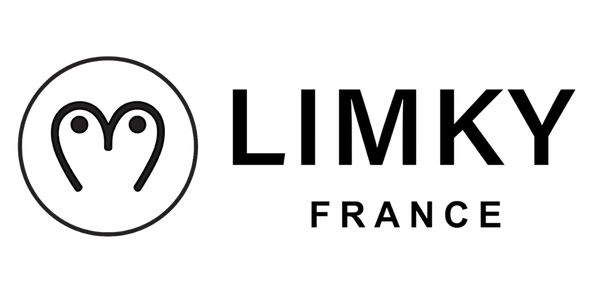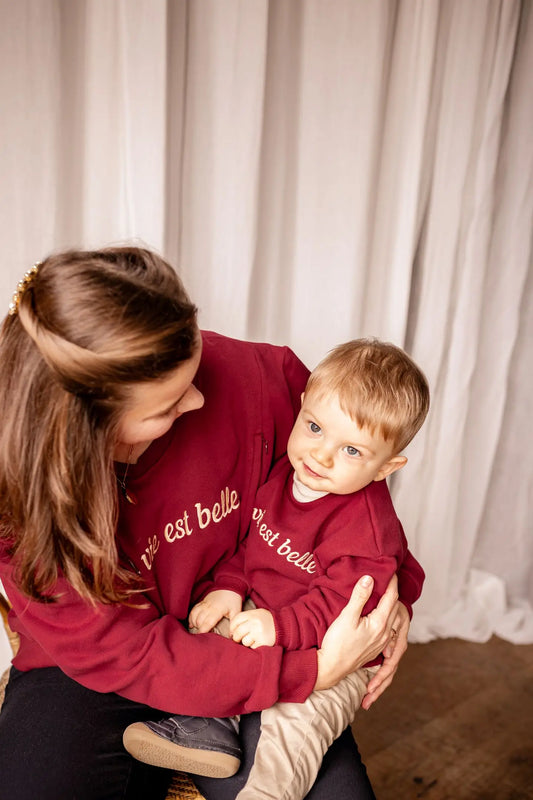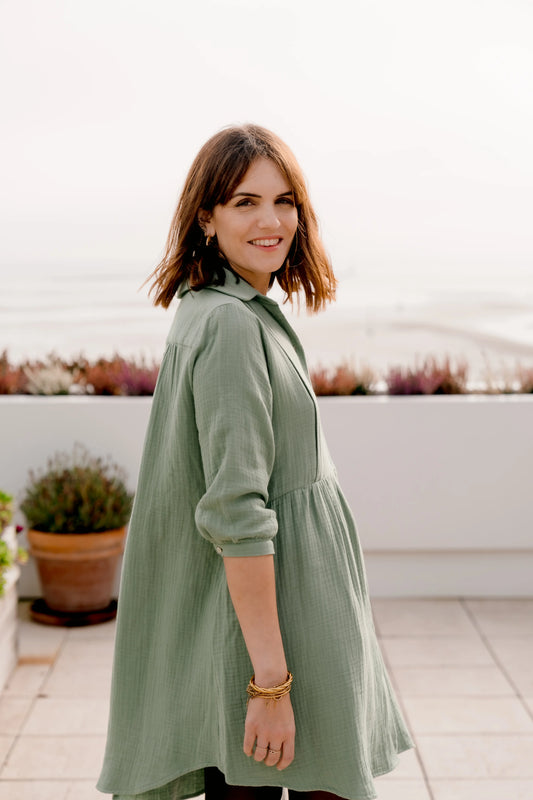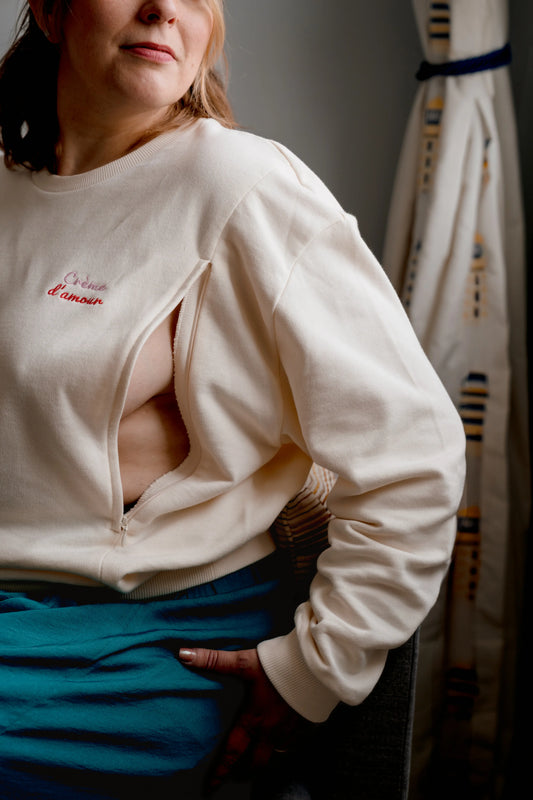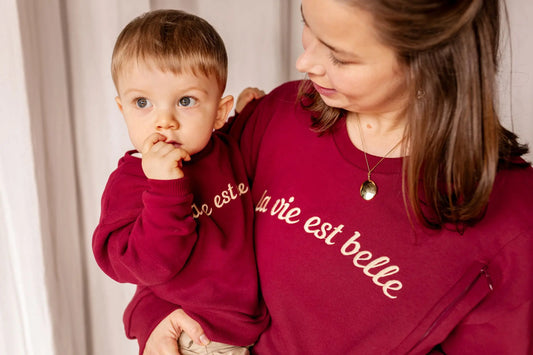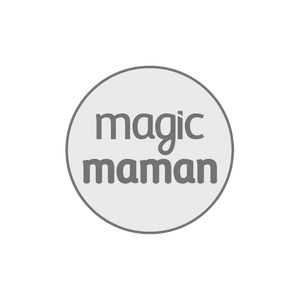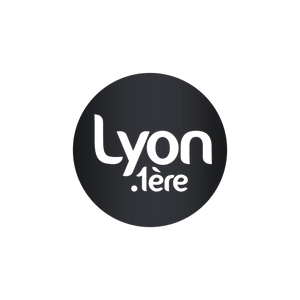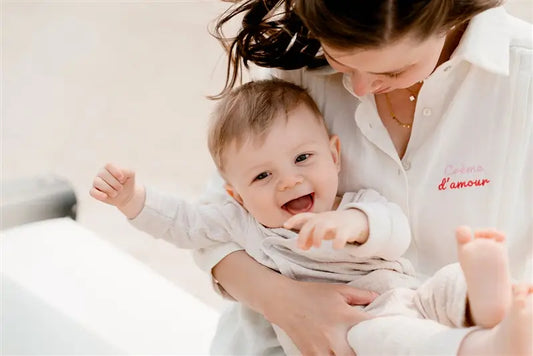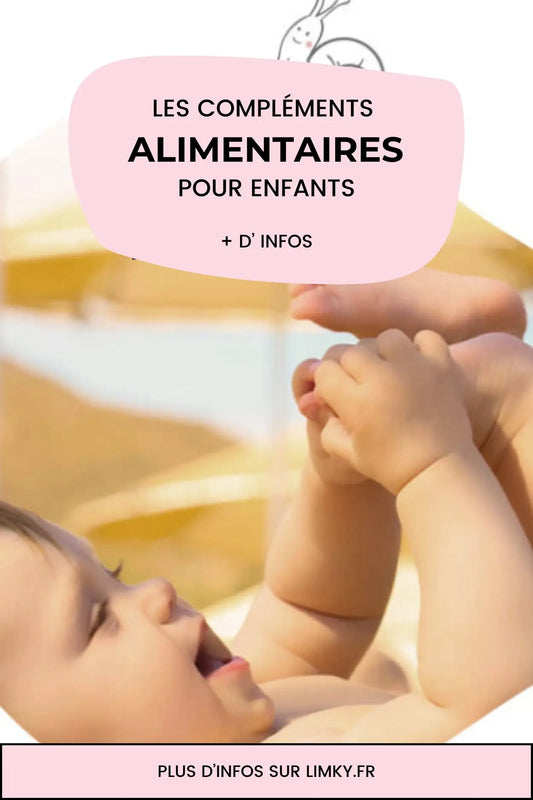
The rhythm of breastfeeding.
Share
How often does my baby breastfeed?
Source: Carole Hervé - IBCLC Certified Lactation Consultant
Wondering when, how often, and how long to breastfeed your baby?
At birth, bottle-fed babies are often given a rhythm to avoid overloading their stomachs and harming their digestion.
Some people assume that the same is true for breastfed babies. However, breastfed babies don't function the same way. Why? Because milk production is established little by little. Milk should be produced in sufficient quantity and quality according to the baby's personal needs and in a tailor-made manner.
Many mothers wonder if their breastfed baby has eaten enough. It's difficult to assess what the baby is drinking when the breast isn't graduated! A healthcare professional, for example, will check if the baby is gaining weight regularly and will report the weight on the reference curve for breastfed babies established by the WHO. For your part, you should pay attention to your baby's diapers. Indeed, a baby who receives a sufficient quantity of milk should have diapers heavy with stool and urine.
Also, if differences can be observed from one baby to another, from one breastfeeding to another, including within the same sibling group, certain behaviors are common to many babies
Excerpt from the proceedings of the LLL 2005 Congress - Baby Rhythms.
How often does a baby breastfeed?
In the first few weeks, a baby feeds on average 8 to 12 times per 24 hours . We can therefore estimate one feed every 2-3 hours during the first few weeks of a baby's life.
This is an average; it can be more or less. Feeding schedules can vary within a day, from one baby to another, and from one day to another. This is especially true in the first few days of a baby's life.
We must not forget that until then, babies were fed in their mother's womb, all day long. So, inevitably, once born, babies need to find their own rhythm .
Typically, when a baby is born, they will breastfeed for the first time within 6 hours of birth.
Then the baby will usually go to sleep. Note that a newborn can very well take time while he is only in a state of drowsiness. Therefore, there is no need to wait until the baby is awake, moaning or crying to offer him the breast. It is good to have the baby breastfeed at least 2 to 3 times minimum in the first 24 hours.
How long between feedings?
The gastric emptying of breast milk is so rapid that the baby can nurse without difficulty only about twenty minutes after the end of the feed. There is therefore no reason to make a breastfed baby wait as one might do for a baby receiving infant formula. The gastric emptying of the latter is much slower: approximately 3 to 4 hours
How long does a feeding last?
It is impossible to give a feeding duration because it also depends on the flow of milk and especially on the quality of the baby's sucking.
Some babies feed in 5 minutes, others take 30 to 40 minutes or even longer. Relying on the duration of the feed to assess breastfeeding is therefore a false benchmark.
It is also very clear that the duration of breastfeeding varies from one child to another, and even from one feeding to another.
It can seem like a long time when you first start breastfeeding and you feel like your baby is spending all day at the breast . This learning period is essential to ensure proper lactation calibration and give your baby every chance of quickly gaining strength and sucking effectively. In these early days, pay attention to the sucking-swallowing rhythm, a parameter that shows that your baby is receiving milk when sucking.
Note that many bottle-fed babies also take a long time to eat.
Then, as the baby grows, they will be more energetic and will suckle more actively and efficiently. Feedings will therefore be shorter.
HOW TO CHECK THAT BABY IS ACTIVELY SUCKING?
When your baby is breastfeeding, make sure that his sucking motion is deep and slow , and that regular swallowing is audible. He will then naturally detach from the breast and will quickly fill a diaper.
As a precaution, most mothers introduce the second breast to their baby, whether or not he feeds depending on his appetite.
HOW DO YOU KNOW IF BABY IS HUNGRY?
Here are some signs that can help identify that your baby is hungry . These are the first signs that appear well before your baby starts to cry. It is therefore good to breastfeed as soon as these first signs appear and not wait until your baby cries (in which case it will be more difficult for your baby to latch on properly).
- His breathing changes
- He makes eye, mouth and facial movements even with his eyelids closed.
- He moves his arms and legs, he stretches, he brings his hands to his mouth and face.
- He makes sucking movements with his mouth
Peak days
You may have noticed that your baby tends to be more demanding on certain days. We often hear that he is in a " growth spurt ." However, we don't notice that he is growing, that he is gaining more weight on these days, or even that he is drinking more milk. What is happening then? He is reaching a milestone in his neurological development (e.g., he is starting to smile more attentively) and he needs to find new reference points. He is returning to his base, so to speak, the breast and your arms to reach this stage.
If you want to know more about exclusive breastfeeding, I invite you to discover our article here.
